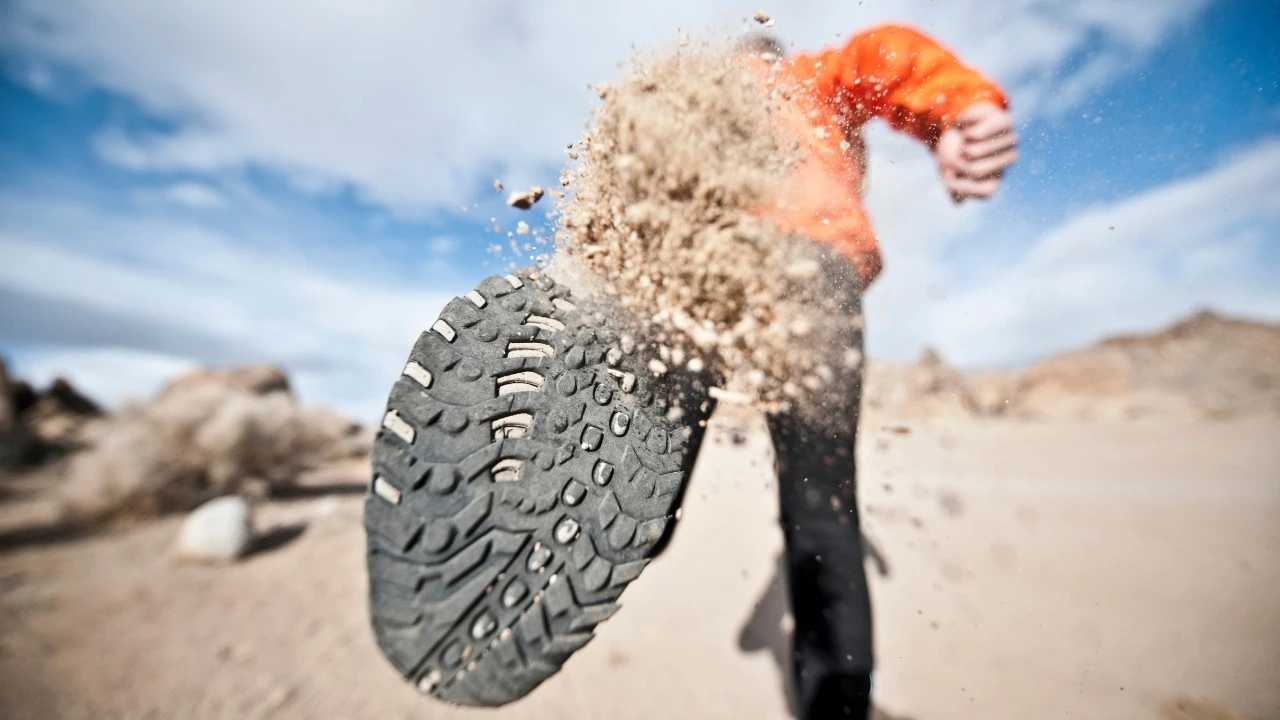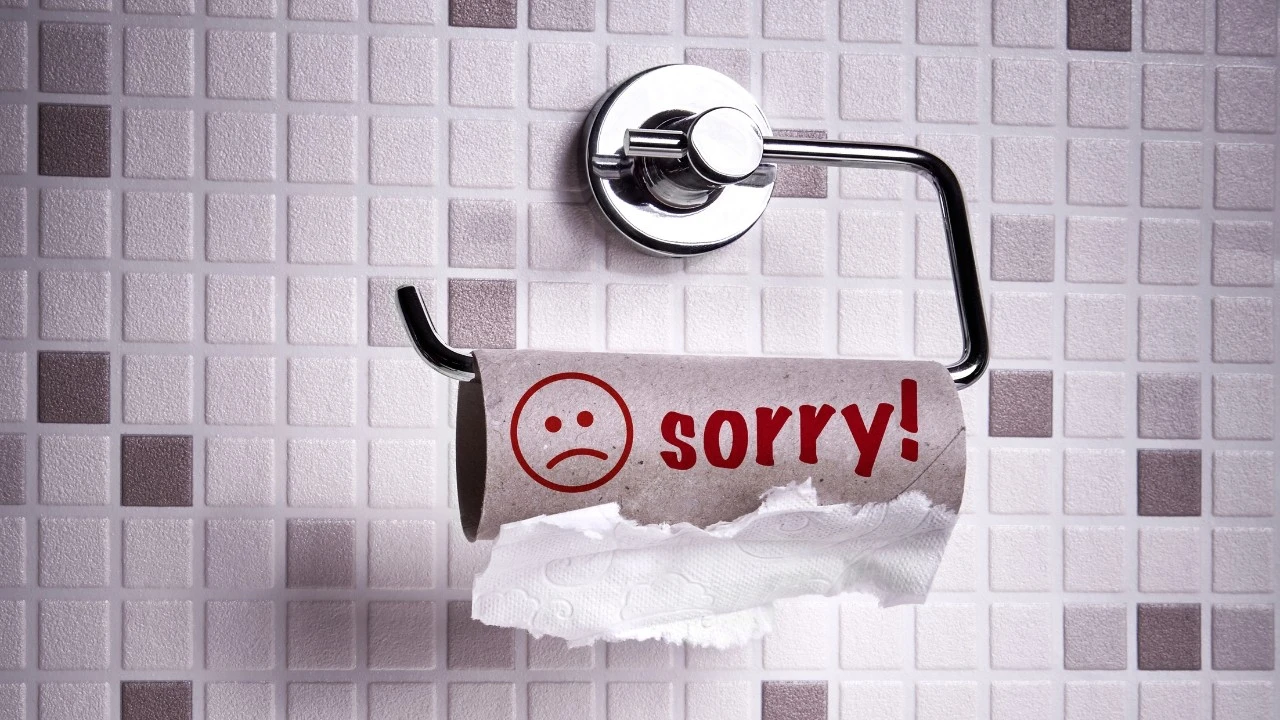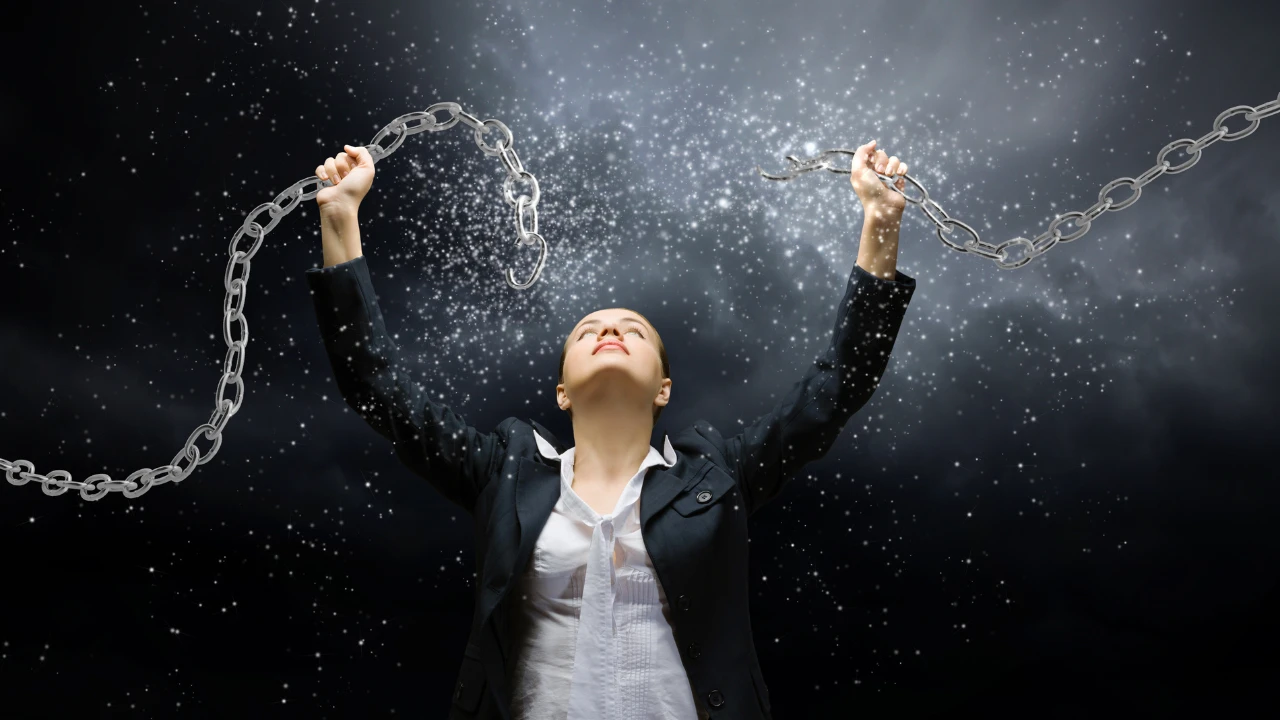In the game of basketball there are personal fouls, flagrant fouls, and technical fouls. In the arena of life, there are accidents, mistakes, and poor choices—each is uniquely different. If, while driving on the interstate, you run someone off the road while trying to avoid hitting a deer, that’s an accident. If you run them off the road because they were in your blind spot, that’s a mistake. And, if you run them off the road because you were typing a text, that’s a poor choice. If we are going to learn and grow from these types of life events, it’s crucial that we label them correctly. Failing a written exam that you studied for versus failing a written exam that you refused to study for is not the same thing—not even close. When we call our poor choices “accidents or mistakes” we avoid taking full responsibility for our part in the matter—stunting our personal development. If we genuinely want to learn and grow from something we’ve done wrong, we first must own it—so the rest of the process can properly unfold.
When I’m training someone in close-quarters combat, I teach them to boldly say “HIT” every time a technique or drill is done incorrectly, which represents acknowledgment, apology, and release. And they must say it loud enough for everyone in the room to hear. The student is not permitted to give an excuse, and they’re not allowed to dwell on the mistake with negative self-talk or body language. During the first few months of training, the practice of always saying “HIT” is challenging for most people, and it has to be constantly reinforced throughout each lesson. Oftentimes, I have to stop a student in the middle of a bad technique and ask, “What are you forgetting that’s important?” For most, verbally admitting that they’ve made a mistake to the class and the instructor is difficult, especially since no additional commentary can follow their public declaration. However, after it’s repeated enough times, the mandatory requirement of always having to say “HIT” disciplines the practitioner to instinctively do three things:
1) Acknowledge that they’ve done something wrong, without making excuses.
2) Take personal ownership of their part in the matter, without negative self-talk.
3) Forgive themselves, let it go, and continue forward—now smarter and wiser.
When we make huge mistakes or really bad decisions, whether deliberately or unintentionally, it is as if we have metaphorically fallen down, perhaps even face first—on the pavement. When this happens, we will likely experience guilt, regret, remorse, and possibly even shame. Dealing with these negative emotions is often part of the learning phase, as well as the recovery process. And, if these emotions must be consumed to aid us in our healing, it’s important that we extract whatever medicinal value they can offer, then spit them out—before they become toxic. And remember, these four emotions can become addictive for some—so no refills.
Falling is part of life’s journey, and it’s the price we pay for putting ourselves out there while attempting to live a full and meaningful life. It’s the speed and the direction that we rise—and the number of times that we get back up—that truly sets us apart. So, the next time you find yourself lying on the asphalt covered in your self-imposed rubble and grime, say “HIT,” pack up the lesson, and move on down the road. And the next time you find yourself in a tight spot on the highway of life, remember this: Conviction will always offer you an exit, but condemnation never does.
Here is a poem I wrote to help illustrate the differences between these four negative emotions.
Falling Forward
When I do something wrong, guilt is my friend,
That inner voice whispering, don’t do it again.
And then there’s regret, who visits me later,
Serving me leftovers, like a judgmental waiter.
Remorse is the dog that continues to bite,
Attacking my peace, all through the night.
Shame is the jury, who won’t set me free,
Their verdict was final; the problem “is” me.
So embrace your friend, but don’t tip the waiter,
Muzzle the dog and pardon the hater.
Forgive those involved, including yourself,
Remember the lesson and toast to good health.
Never look back at what you left in the grime,
Dust yourself off and continue the climb.
And once you’re standing at the top of the slope,
Help others succeed and throw down the rope.
—Chris Harris
Power Quote
“Fall seven times and stand up eight.”
—Japanese Proverb
Harris, Chris. “Experts Fall Forward.” “I Go Thru: Breaking Through With Expert Power.” 2020, pp. 59-61.




